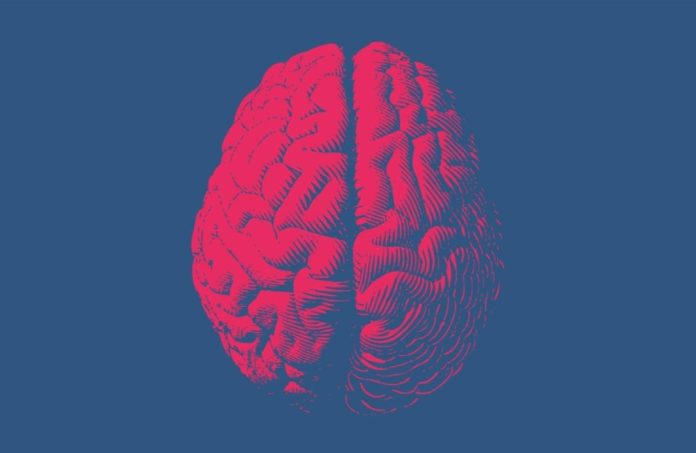The longer a person with bipolar disorder experiences manic episodes, the more abnormal changes in the brain they will likely have as a result.
Manic bipolar patients are more likely to develop abnormal brain changes over time, according to one of the largest longitudinal brain imaging studies ever conducted.
A new study, led by Karolinska Institutet and the University of Gothenburg in Sweden, also confirms links between bipolar disorder and accelerated brain ventricle enlargement. The findings were published online in the journal Biological Psychiatry.
Bipolar disorder is a psychological condition distinguished by recurring episodes of mania and depression. Previous imaging studies on bipolar patients’ brains discovered structural abnormalities. These abnormalities include lower cortical thickness when compared to healthy people. The cortex, or outer layer of the brain, naturally shrinks with age, but accelerated cortical thinning has been linked to a variety of brain diseases.
Most prior neuroimaging studies on bipolar disorder were small and cross-sectional in nature, capturing only one point in time. As a result, there has been a dearth of large-scale studies that have investigated brain changes over time.
The researchers conquered these limitations in this study by capturing magnetic resonance imaging (MRI) data from 14 research centers in the world and examining changes in the brain over a nine-year period. The study included 1,232 people, 307 bipolar disorder patients and 925 healthy controls.
Scientists reveal a food that kills coronavirus up to 97% in 5 minutes
The researchers discovered a link between the number of manic episodes and the degree of cortical brain changes observed during the study period: While more manic episodes were associated with faster cortical thinning, patients who had no episodes showed no changes or even increased cortical thickness. These changes were most noticeable in the prefrontal cortex, which is important for emotion regulation, planning, decision-making, impulse control, and other cognitive functions.
“The fact that cortical thinning in patients related to manic episodes stresses the importance of treatment to prevent mood episodes and is important information for psychiatrists,” said Professor Mikael Landén.
“Researchers should focus on better understanding the progressive mechanisms at play in bipolar disorder to ultimately improve treatment options.”
When bipolar disorder patients were compared to healthy individuals, the changes over time in three brain regions were significantly different: the ventricles – cavities that produce cerebrospinal fluid, which is important for brain protection – and two areas linked to recognition and memory: the fusiform and parahippocampal cortex. While bipolar patients had faster ventricle enlargements than the control group, they had slower thinning of the fusiform and parahippocampal cortical regions on average.
This is the blood group most exposed to the coronavirus
Signs of abnormal brain changes
“The abnormal ventricle enlargements and importantly the associations between cortical thinning and manic symptoms indicate that bipolar disorder may in fact be a neuroprogressive disorder, which could explain the worsening of bipolar symptoms in some patients,” said corresponding author Christoph Abé.
“It is important to clarify this in the future and to identify the exact causes in order to prevent mood episodes and the impact they may have on the brain.”
The researchers point out that the discovery of slower cortical thinning in some brain areas of bipolar patients could be explained by so-called flooring effects, as bipolar disorder patients typically have a lower cortical thickness, to begin with than healthy individuals. Another possibility is that this finding reflects structural improvements as a result of treatment effects, such as the neuroprotective effects of lithium medication. As a result, the brain changes observed in this study may not reflect changes that occur during the natural course of bipolar disorder if left untreated.
The ENIGMA Bipolar Disorder Working Group, a large international multi-center team of more than 70 researchers, was involved in the study.
The funding for this study, as well as any conflicts of interest, are detailed in the scientific article.
Image Credit: iStock
You were reading: Bipolar disorder: Study report signs of abnormal brain changes in people with manic episodes
Ready More News about Bipolar Disorder
